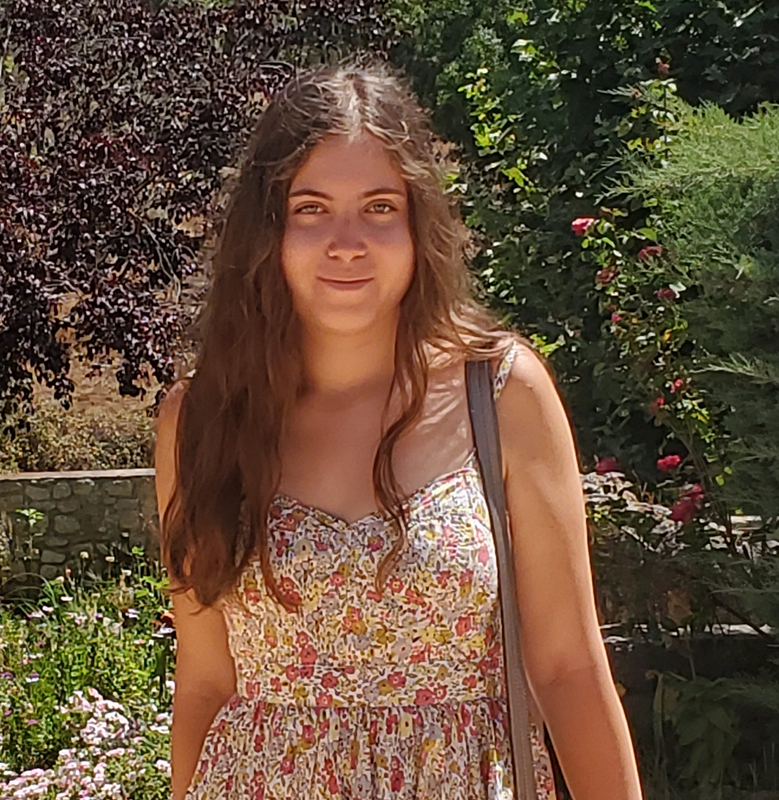I feel as if I’ve only stuck one measly pinky toe in the wide pool that holds poetry authors and their work. More of a toenail when it comes to poet authors I can actually talk about or have an opinion on. I have a fascination with poetry, but as a poet and actress, I have a special adoration with spoken word. As a unique form of performance art, I believe that spoken word is a spell cast like in a theater production or an open mic reading.
When I discovered the spoken-word poet, Olivia Gatwood, I was just discovering my love for poetry, and how it becomes a special kind of performance art when it’s spoken word. I’ve been surrounding myself with contemporary poets: living in big cities, socially awkward, bare-faced and brutally honest in their Instagram posts. She caught my eye as an author, a Pisces with a Scorpio moon, so poetic and breezy in her words.
Her content so far has revolved in the nature of women, their bodies, and most recently how true crime somehow sickenly glorifies the murder of women. I just recently went to her show that was a part of her tour promoting this genre, titled the “Life of the Party.” It is also the name of her new poetry book. She is a true creative author, her tour inhabited small, quiet spaces as well as large arenas. She had touring with her a singer, Ari Chi, and Caitlin Nolte, a cello player. While she was performing spoken word Ari’s voice and Caitlin’s cello underscored her verses. As an author, her words were simple, they never stumped me like some poets tend to do when getting elaborate. As a poet myself, I enjoyed the sense of grace that was still able to convey emotion in the reader.
When I heard the poems finally read aloud, I was expecting to be taken on a slightly different journey. I knew Olivia had been doing this a long time; she captivates an audience like she’s reading from a storybook. I feel like her poems are little stories, quick and fierce as a gust of sudden wind. I chose her as an author I admire because of her simplicity, but also her quiet and fierce nature as a poet. I’ve read so much of her work, that there are other poets I am gaining a love for: Melissa-Lozada Oliva, Natasha Thretheway, Ocean Vuong, and the classic Edgar Allan Poe. I feel as if my collection of favorite poets can come across as cliché, but everyone begins somewhere and at their own damn pace, right?
___________________
Tracie Taylor is a first year graduate student at Columbia College Chicago, where she is pursuing her MFA in poetry. In her undergrad (Ball State University) she earned a BA degree in English with a Theater minor. She loves to write about her deepest (and darkest) emotions, with themes pertaining to her identity as a queer, biracial woman. She also, of course, has a passion for acting/performance. Her work has been published in From Whispers to Roars, Eclectica Magazine, and a special feature on Indolent Books, What Rough Beast.



